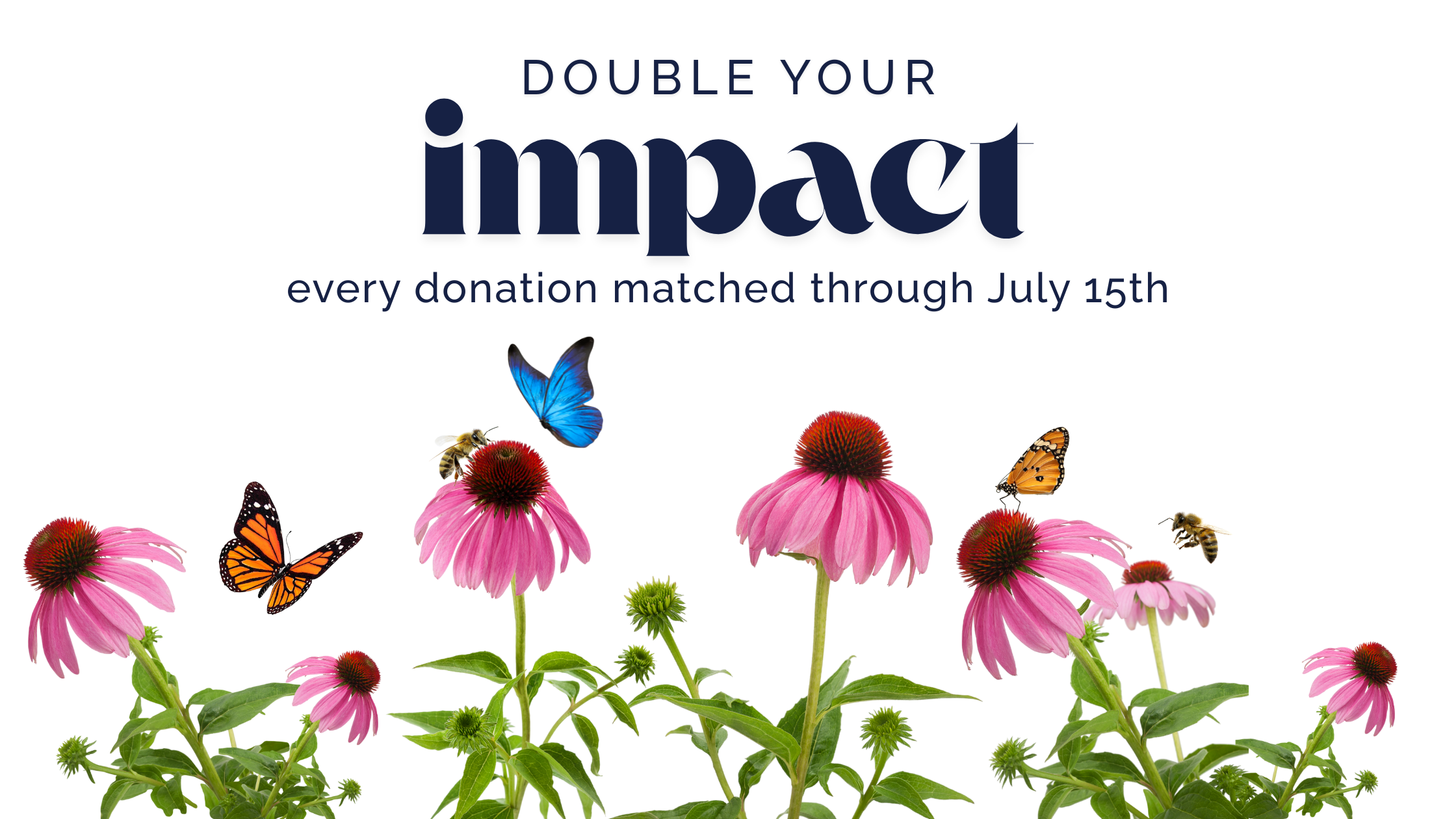Welcome to our explainer series, taking important topics and going deeper!
What is Environmental Justice?
It is a social movement, significantly influenced by the Civil Rights Movement, that took off in the 1980s to address environmental injustices and environmental racism. Environmental justice demands fair and equal treatment of all people and all communities when it comes to implementation and protection of environmental laws and policies. Housing, health, and transportation, among others, are affected by climate change and environmental injustices. The brunt of the impacts are felt by low income and minority communities, and quality of life can be negatively affected.1
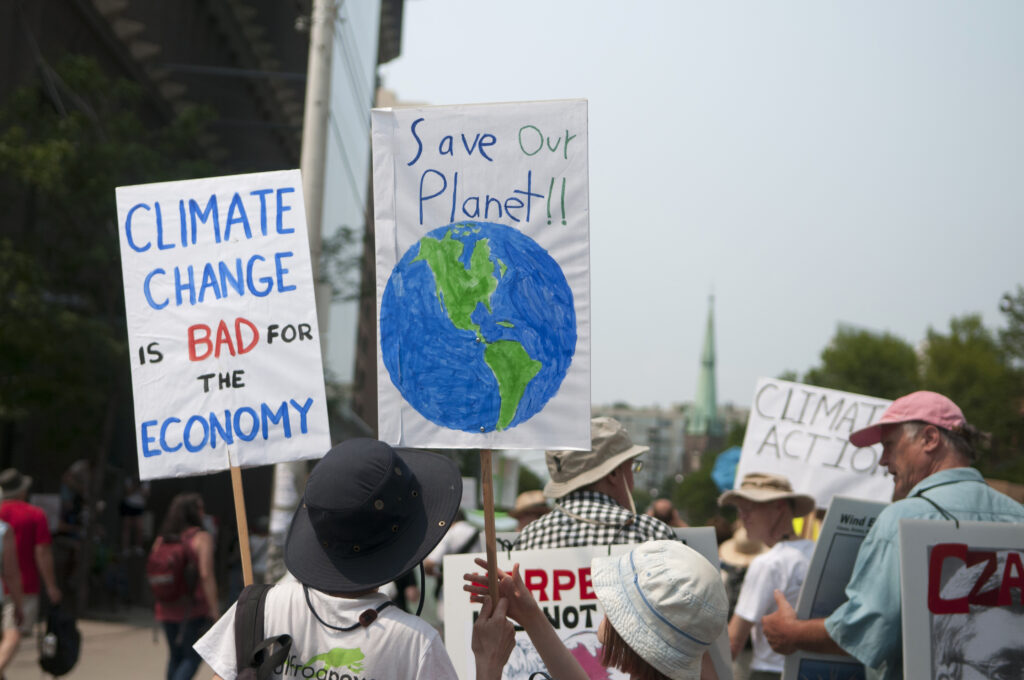
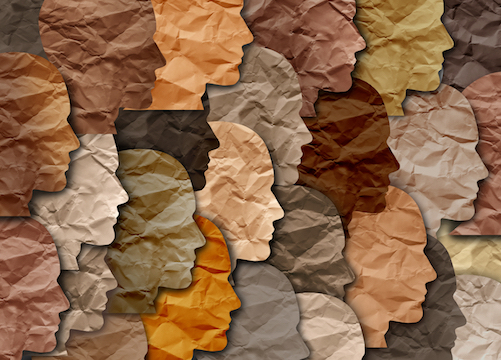
What is Environmental Racism?
The term environmental racism was first coined in 1982 by African American civil rights leader Benjamin Chavez, when he described it as “racial discrimination in environmental policy-making,” including in deliberately targeting communities of color for toxic waste facilities, excluding meaningful participation from people of color in environmental movements, and the presence of dangerous poisons and pollutants in communities.2 In 1987, a report titled Toxic Waste and Race3 found that race was the number one variable in predicting the location of commercial hazardous waste facilities, above household income, home values, and amount of waste.
Principles of Environmental Justice
There are some crucial elements of environmental justice, namely, equity.4
- Equity, simply put, is fair and just inclusion
- Procedural equity involves equity in decision making and implementation of programs or policies
- Distributional equity would be the equitable distribution of environmental benefits and burdens across all communities
- Structural equity has institutionalized accountability for decision-makers, where decisions are made keeping in mind historical, cultural, and institutional dynamics that advantage privileged groups
How Can Environmental Justice Help Fight Climate Change?
Addressing 500 years of colonialism is no simple task, and especially to ensure that no further harm is done to the land. Many solutions for environmental injustices overlap with climate actions. Cleaner air and water, as well as incorporating Indigenous knowledge (with proper credit given) to treating the land and environment, address both issues. As an example, the Land Back5 movement is an effort to return land to Indigenous tribes, whose practices involve water infiltration, wildfire management, and carbon sequestration. The Land Back movement goes beyond monetary reparations, because the land that was stolen from them, and that has significant cultural and historical value, cannot be priced.
Environmental Justice in New Jersey
The New Jersey Department of Environmental Protection (DEP) has an Office of Environmental Justice (OEJ) that works hard to educate and empower vulnerable communities and improve quality of life. You can use their mapping, assessment, and protection tool (EJMAP)6 to see where there are Overburdened Communities in the state, under the New Jersey Environmental Justice Law (2021). The OEJ is tasked with ensuring that all state agencies incorporate environmental justice in their actions.
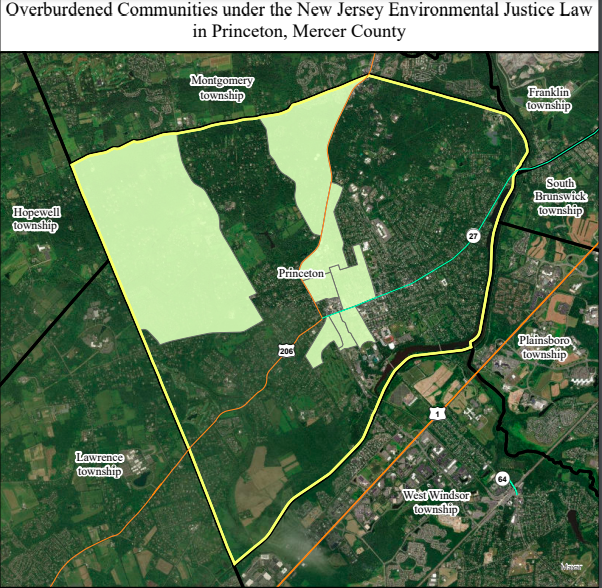
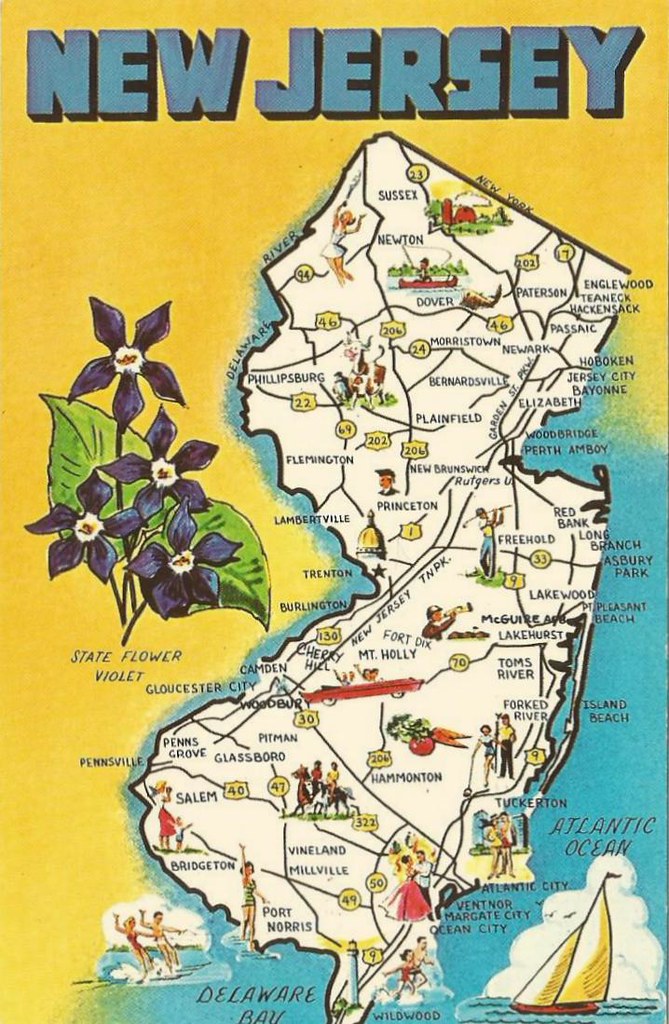
Learn More!
There are many helpful resources to learn more and involve yourself in environmental justice in New Jersey and beyond.
- New Jersey Environmental Justice Alliance (NJEJA) is an alliance of organizations and individuals working to identify and eliminate environmental injustices in communities of color and low income communities.
- The Ironbound Community Corporation (ICC) was founded 50 years ago in the Ironbound in Newark, one of the most toxic neighborhoods in the country. They have helped to pass the strongest environmental justice bill in the nation, and continue the fight to ensure all New Jersey residents have access to clean air and safe water.
- The Just Solutions Collective is a national organization with an all BIPOC staff, focused on implementing effective and equitable climate policies and programs.
- New Jersey Progressive Equitable Energy Coalition (NJPEEC) is a coalition working towards a 100% clean energy transition in New Jersey that keeps energy affordable and accessible.
- Equitable Cities is an urban planning, public policy, and research firm that offers services like urban planning, public outreach, and research centered on where and how people move, keeping in line with principles of racial equity.
Stay tuned for more!
We will be sharing our explainers at the end of every month. If there are topics you’d like to know more about, please email info@sustainableprinceton.org.
- https://dep.nj.gov/ej/ ↩︎
- https://www.weforum.org/agenda/2020/07/what-is-environmental-racism-pollution-covid-systemic/ ↩︎
- https://www.nrdc.org/sites/default/files/toxic-wastes-and-race-at-twenty-1987-2007.pdf ↩︎
- https://www.broward.org/Climate/Documents/EquityHandout_082019.pdf ↩︎
- https://lakotalaw.org/news/2020-08-14/land-back-climate-justice ↩︎
- https://experience.arcgis.com/experience/548632a2351b41b8a0443cfc3a9f4ef6 ↩︎




